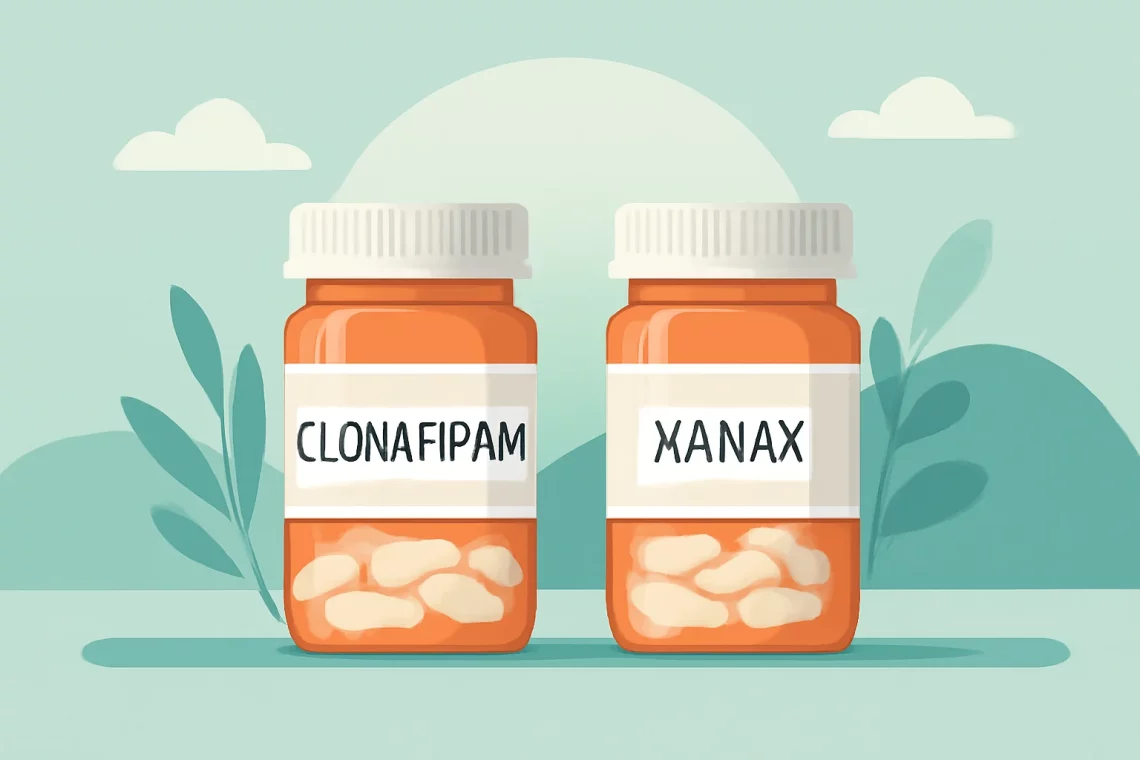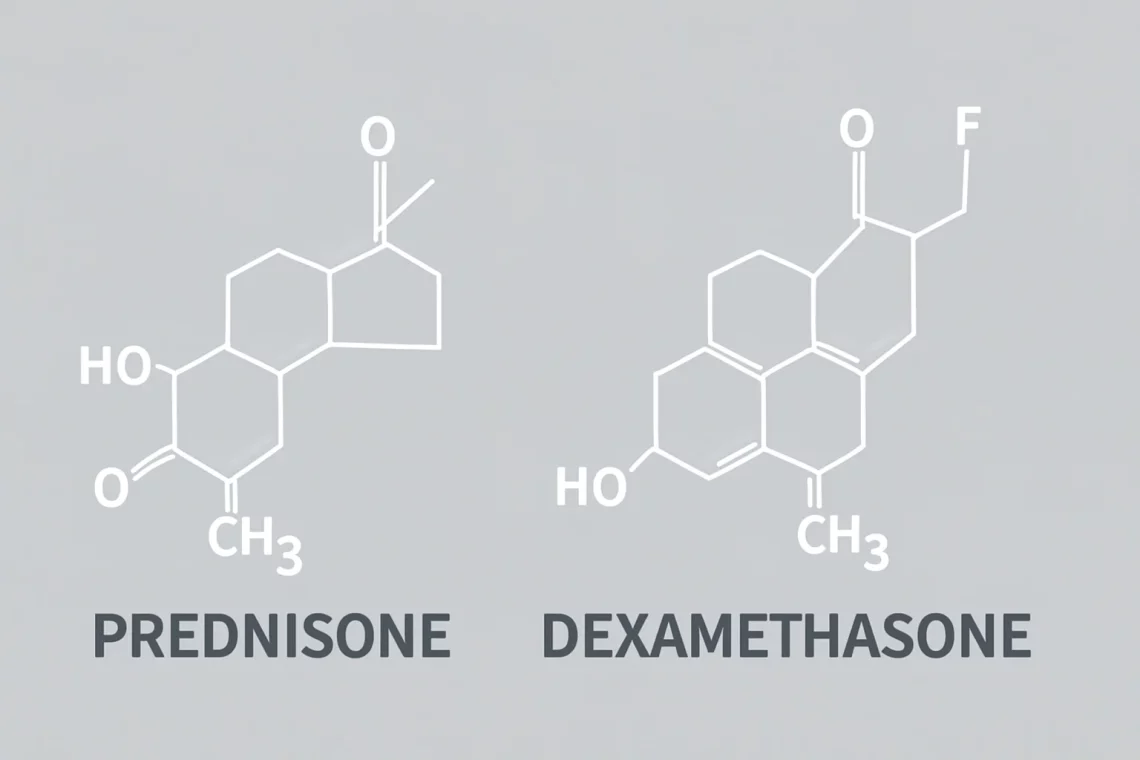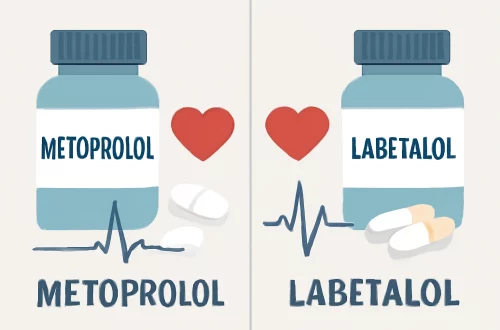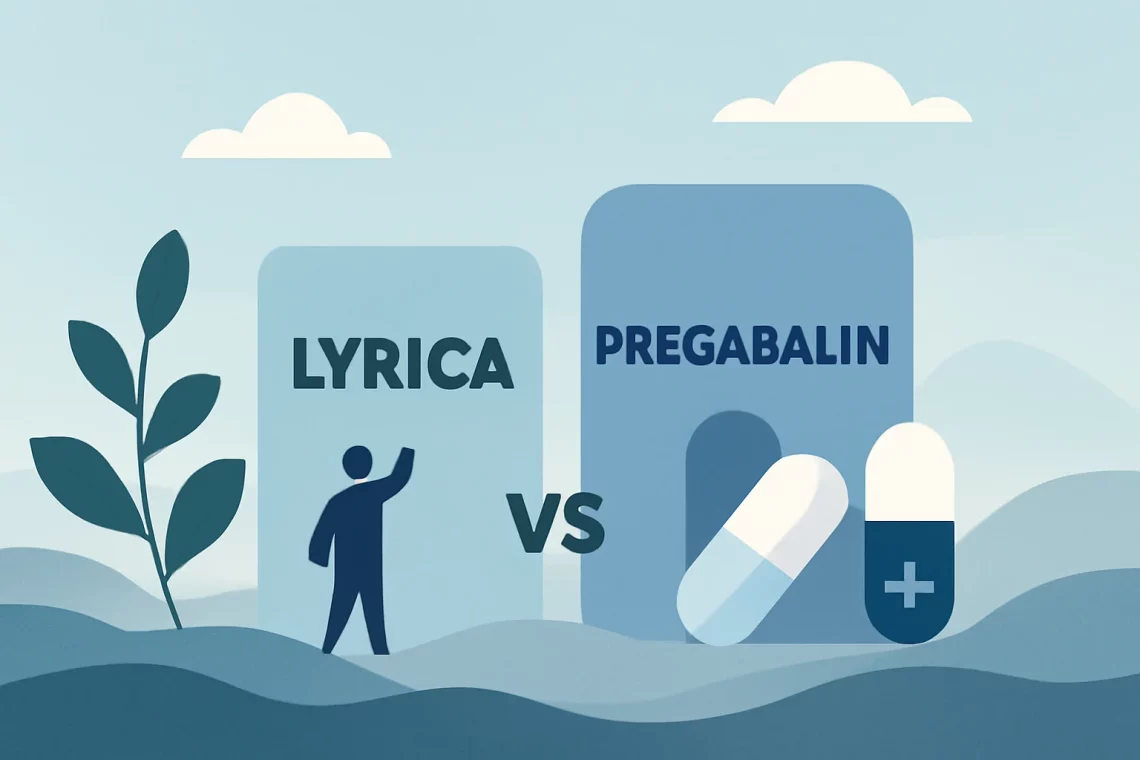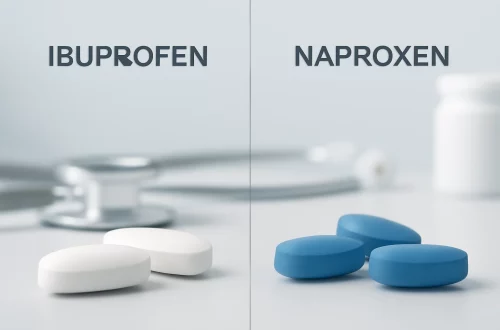-
Cephalexin vs Bactrim: Choosing the Right Antibiotic for You
Cephalexin and Bactrim are two commonly prescribed antibiotics that serve different purposes in the treatment of bacterial infections. Understanding the distinctions between these medications is crucial for both patients and healthcare providers to ensure the appropriate choice is made for each individual case. Antibiotics play a vital role in modern medicine, helping to combat infections that can lead to serious health complications. However, the growing concern over antibiotic resistance has emphasized the need for careful selection and judicious use of these medications. Cephalexin, a first-generation cephalosporin antibiotic, is effective against a range of gram-positive bacteria. It works by inhibiting cell wall synthesis, ultimately leading to bacterial cell death. On the…
-
Viagra vs Sildenafil: Understanding the Differences and Similarities
Erectile dysfunction (ED) is a common condition that affects millions of men worldwide. It can be a source of embarrassment and frustration, impacting not only personal relationships but also overall quality of life. As awareness of ED has grown, so has the demand for effective treatments. Among the most recognized solutions are Viagra and its generic counterpart, sildenafil. While often used interchangeably, these two terms represent different aspects of the same medication. Understanding the nuances between them can help patients make informed decisions about their treatment options. In this article, we will explore the characteristics, effectiveness, and considerations surrounding Viagra and sildenafil, shedding light on their roles in managing erectile…
-
Clonazepam vs Valium: Comparing Uses, Effects, and Risks
Clonazepam and Valium are both medications commonly prescribed to manage anxiety and seizure disorders, among other conditions. They belong to a class of drugs known as benzodiazepines, which work by enhancing the effect of a natural chemical in the body called gamma-aminobutyric acid (GABA). This enhancement results in a calming effect on the brain and nerves, making benzodiazepines effective for various medical conditions. Despite their similar functions, Clonazepam and Valium differ in several key aspects, including their chemical composition, dosage forms, duration of action, and potential side effects. These differences can have significant implications for patients and healthcare providers when determining the most appropriate treatment options. It’s crucial for individuals…
-
Loratadine vs Antihistamines: Understanding Their Differences and Uses
Allergies are a prevalent issue that many people face, especially during specific seasons or in response to various environmental triggers. They can cause a range of uncomfortable symptoms, such as sneezing, itching, runny nose, and watery eyes. For those suffering from allergic reactions, antihistamines have long been a go-to solution. Among these, loratadine has gained significant attention due to its effectiveness and relatively low side effects compared to first-generation antihistamines. Understanding how loratadine fits into the broader category of antihistamines is crucial for individuals seeking relief from allergy symptoms. As more people turn to over-the-counter medications, it’s essential to discern which options are most suitable for their needs. The distinction…
-
Adderall vs Strattera: Choosing the Right ADHD Medication for You
Attention deficit hyperactivity disorder (ADHD) affects millions of individuals worldwide, leading to challenges in focusing, organizing, and managing daily tasks. As awareness around ADHD has expanded, so too have the options for treatment. Among the most commonly prescribed medications are Adderall and Strattera, both of which aim to alleviate the symptoms associated with ADHD. However, their mechanisms of action, efficacy, and side effects differ significantly, leading to debates among healthcare professionals, patients, and families regarding the best approach to treatment. The complexity of ADHD necessitates a nuanced understanding of these medications. Adderall, a stimulant medication, is often favored for its rapid action and immediate symptom relief, making it a popular…
-
Clonazepam vs Xanax: Key Differences and Similarities Explained
Clonazepam and Xanax are two medications that fall under the category of benzodiazepines, a class of drugs that are commonly prescribed for anxiety, panic disorders, and certain seizure disorders. Both medications work by enhancing the effects of a neurotransmitter in the brain known as gamma-aminobutyric acid (GABA), which helps to calm the nervous system and reduce excessive neuronal activity. Given their similar mechanisms of action, one might assume that they are interchangeable; however, there are distinct differences in their uses, onset of action, duration, and potential side effects that can significantly impact patient care and treatment outcomes. As mental health awareness continues to grow, the discussion surrounding these medications has…
-
Metformin vs Glucophage: Understanding Their Differences and Uses
Metformin and Glucophage are two terms that are often mentioned in the context of diabetes management. For many individuals diagnosed with type 2 diabetes, understanding the medications available to them is crucial for effective management of their condition. Both Metformin and Glucophage are widely prescribed to help control blood sugar levels, but there is often confusion regarding their differences and similarities. This confusion can stem from the fact that Metformin is the generic name of the medication, while Glucophage is a brand name for the same active ingredient. As the prevalence of diabetes continues to rise globally, it is essential to demystify these medications and understand their mechanisms, benefits, and…
-
Prednisone vs Dexamethasone: Key Differences and Uses Explained
Prednisone and dexamethasone are two widely used corticosteroids that play significant roles in the treatment of various medical conditions. These synthetic drugs mimic the effects of hormones produced by the adrenal glands, which are essential for regulating metabolism, immune response, and inflammation in the body. While both medications share similarities, they also possess distinct characteristics that influence their use in clinical practice. Understanding the differences between prednisone and dexamethasone is crucial for healthcare professionals and patients alike. The choice of one over the other can significantly affect treatment outcomes, side effects, and overall patient experience. As corticosteroids, both medications can effectively manage conditions such as allergic reactions, autoimmune diseases, and…
-
Lyrica vs Pregabalin: Understanding the Differences and Uses
Lyrica and pregabalin are terms that often arise in discussions surrounding the treatment of various neurological and chronic pain conditions. As both a brand name and the generic name of the same medication, pregabalin is widely recognized for its role in managing conditions such as epilepsy, fibromyalgia, and neuropathic pain. The drug is classified as an anticonvulsant and works by modulating neurotransmitter release in the brain, which can help alleviate symptoms in patients suffering from these debilitating conditions. The distinction between Lyrica and pregabalin is especially relevant in the context of prescription medication, where patients may encounter both terms during their treatment journey. While the active ingredient remains the same,…
-
Montelukast vs Fluticasone: Which is Better for Allergies?
In recent years, the prevalence of asthma and allergic conditions has risen significantly, leading to an increased demand for effective treatments. Among the most frequently prescribed medications are Montelukast and Fluticasone. Both drugs are utilized to manage symptoms of asthma and allergic rhinitis, but they work through different mechanisms and have distinct profiles. Understanding the differences between these two medications can empower patients and healthcare providers to make informed decisions about asthma and allergy management. Montelukast is a leukotriene receptor antagonist that helps reduce inflammation in the airways, thereby alleviating symptoms such as wheezing, shortness of breath, and nasal congestion. On the other hand, Fluticasone is a corticosteroid that directly…



















